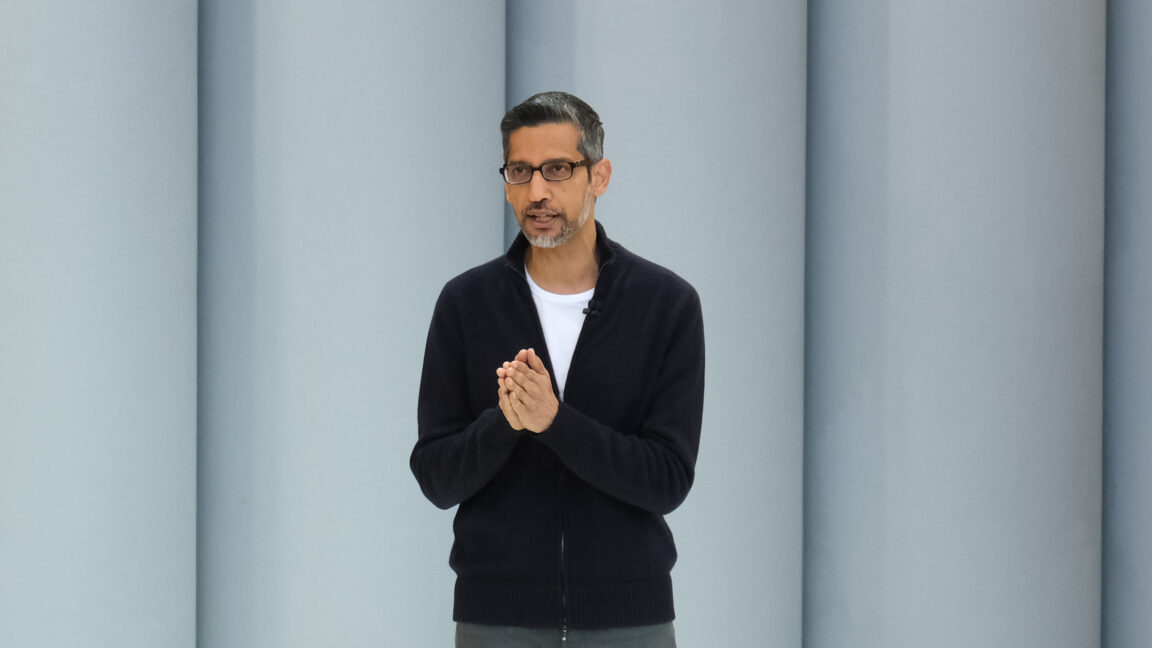
"Alphabet's recent market performance has been driven by investor confidence in the company's ability to compete with OpenAI's ChatGPT, as well as its development of specialized chips for AI that can compete with Nvidia's. Nvidia recently reached a world-first $5 trillion valuation due to making GPUs that can accelerate the matrix math at the heart of AI computations. Despite acknowledging that no company would be immune to a potential AI bubble burst, Pichai argued that Google's unique position gives it an advantage."
"He told the BBC that the company owns what he called a "full stack" of technologies, from chips to YouTube data to models and frontier science research. This integrated approach, he suggested, would help the company weather any market turbulence better than competitors. Pichai also told the BBC that people should not "blindly trust" everything AI tools output. The company currently faces repeated accuracy concerns about some of its AI models."
"In the BBC interview, the Google boss also addressed the "immense" energy needs of AI, acknowledging that the intensive energy requirements of expanding AI ventures have caused slippage on Alphabet's climate targets. However, Pichai insisted that the company still wants to achieve net zero by 2030 through investments in new energy technologies. "The rate at which we were hoping to make progress will be impacted," Pichai said, warning that constraining an economy based on energy "will have consequences.""
Alphabet's market gains reflect investor confidence in its ability to compete with OpenAI's ChatGPT and to develop specialized AI chips to rival Nvidia. Nvidia reached a $5 trillion valuation on GPUs that accelerate the matrix math central to AI. Alphabet emphasizes a "full stack" spanning chips, YouTube data, models, and frontier research to increase resilience against market turbulence. Accuracy shortcomings exist in some AI models, prompting advice to avoid blind trust in outputs. Rapid AI expansion raises significant energy demands that have delayed climate-target progress, while net-zero-by-2030 remains an objective funded by investments in new energy technologies.
Read at Ars Technica
Unable to calculate read time
Collection
[
|
...
]